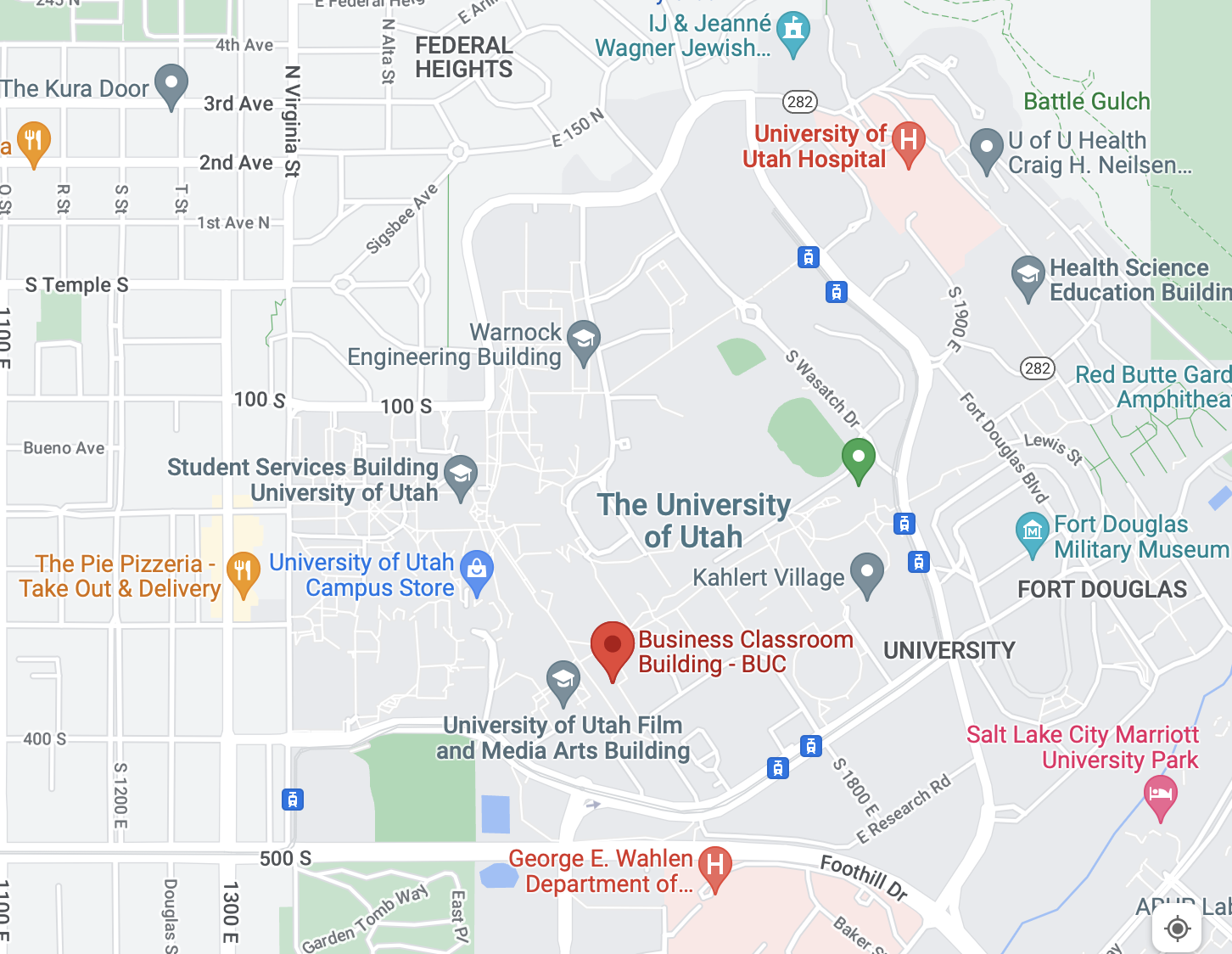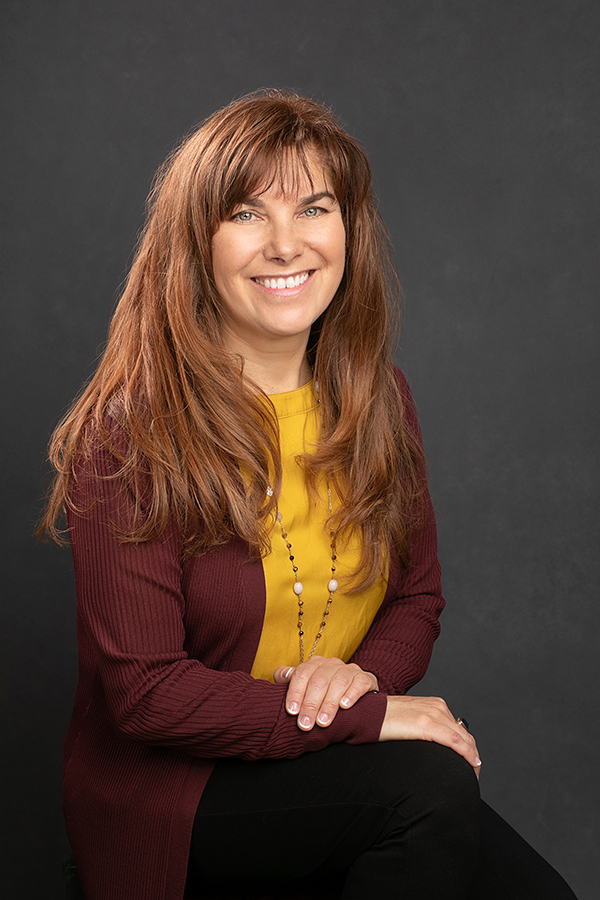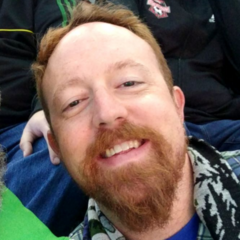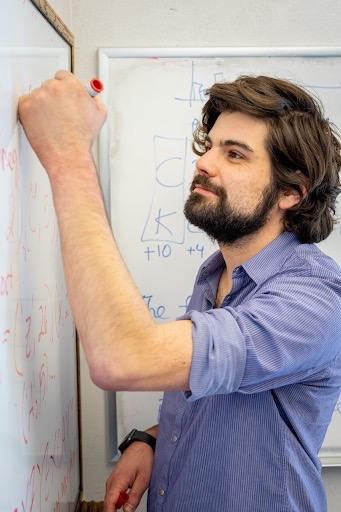The Workshop for Inclusive Teaching Practices
The Workshop for Inclusive Teaching Practices (WITP) is aimed at
1. increasing familiarity with inclusive teaching practices,
2. building an active community of equity minded math educators in Utah, and
3. empowering participants to implement inclusive teaching practices in their
classrooms.
The workshop is scheduled for April 23rd, 2022, at the end of the Spring ‘22 semester as instructors are reflecting on their spring teaching and preparing for summer session classes. Summer classes are an ideal time for instructors to implement new inclusive practices because class sizes are smaller, timing is condensed, and the student population contains many non-traditional students and students who are retaking courses. The hope is that the implementation of equity focused practices and philosophy will improve students’ experience and outcomes in their mathematics classes.
The WITP at the U is modeled after similar workshops that took place at the University of North Carolina, Chapel Hill in 2019 and 2020 (see that workshop's website for more information).
All workshop activities will be held in The Business Classroom Building (BU C) rooms
105, 106, 107.
- 9.30am - 11.00am: first workshop
- 11.00am - 11.15am: coffee break
- 11.15am - 12.15pm: Keynote
- 12.15pm - 1.00pm: catered lunch
- 1.00pm - 2.30pm: second workshop
- 2.30pm - 2.45pm: coffee break
- 2.45pm - 3.45pm: panel
- Keynote
- Title: Inclusive Teaching Practices: What’s Embodied Cognition Got To Do With It?
- Speaker: Hortensia Soto (Colorado State University)
- Abstract: Embodied cognition is a philosophy that hypothesizes that learning is body-based. Those of us who adopt this learning philosophy pay attention to various utterances such as gaze, posture, body-movement, gesture, etc. and some of us also create embodied activities where learners move in a particular way. Such embodied activities can provide a non-linguistic on-ramp to mathematical concepts, which can facilitate learning for students who may have a language barrier. These activities also offer learners access to concepts through body-based interventions and ways to express their reasoning in nonverbal ways. Furthermore, practitioners’ ability to attend to learners’ gestures may serve as a micro-affirmation and give students confidence and make them feel more included.
- In this presentation, the audience will engage in an embodied activity, and we will discuss how it can serve as an inclusive teaching practice. Come prepared to reflect on your own teaching practices.
- Workshop 1
- Title: Alternative Grading Systems as Resistance
- Led by: Spencer Bagley (Westminster College)
- Abstract: Rating students undermines learning. Grading diminishes students’ intrinsic motivation and interest in whatever they’re learning, makes students prefer easier tasks, and reduces the quality of their thinking. Nevertheless, grading is currently a part of the architecture of virtually every educational institution. How can we resist grading and thereby promote learning? How can we comply with our institutional requirements while critiquing the assumptions they’re based on?
- Perhaps you’ve heard of alternative grading systems like contract grading, standards-based grading, specifications-based grading, or ungrading, and you’re interested in exploring these approaches. In this workshop, I’ll introduce you to various alternative grading systems, help you think about how you might use them in your classrooms, point you to resources for further learning, and try to answer your questions about all the above.
- Workshop 2
- Title: Just Mathematics - why and how to teach postsecondary math for social justice
- Led by: Kenan Ince (Westminster College)
- Abstract: Following the summer 2020 civil rights movement, many math educators have reported a desire to implement an antiracist pedagogy and to examine the intersections of their subject with issues of equity, inclusion, and social justice. Many resources exist for K-12 math educators interested in incorporating social justice into their curricula, but resources are comparatively scarce for college and university instructors (though this is changing quickly!). We discuss why one may want to teach mathematics for social justice, how to begin to implement issues of social justice into postsecondary math courses, and our public database of free-to-use social justice materials for postsecondary math courses.
All workshop activities will be held in The Business Classroom Building (BU C) rooms 105, 106, 107. BU C is located on campus between the Marriott Library and the Utah Museum of Fine Arts at 1645 Campus Center Dr, Salt Lake City, UT (see the google maps screenshot).

Participants can park at any A, U, or V parking spot on Saturday. Parking spaces nearby BU C can be found by searching the campus map (https://map.utah.edu) and filtering parking by “(V) Visitor”, “(A) Faculty/Staff”, and “(U) Student”; see also the attached map picture, with BU C in the center of the map and all nearby A, U, and V parking locations indicated.

Hortensia Soto

Biography: Hortensia is a Professor of Mathematics at Colorado State University. Her publications focus on assessment, mathematical preparation of K-16 teachers, outreach efforts for high school girls, and the teaching and learning of undergraduate mathematics, where she adopts an embodied cognition perspective. Hortensia is a working member of the MAA and currently serves as the Associate Secretary and is also the MAA President-Elect. She is a recipient of the MAA Deborah and Franklin Tepper Haimo Award for Distinguished College or University Teaching of Mathematics. In her spare time, she enjoys hiking, snowshoeing, practicing yoga, meditating, and spending time with her son Miguel.
Spencer Bagley

Biography: Dr. Spencer Bagley is an Associate Professor of Mathematics at Westminster College in Salt Lake City, Utah. He was formerly an assistant professor of mathematics at the University of Northern Colorado, and graduated from the MSED program at San Diego State University and UC San Diego. He conducts research in the scholarship of teaching and learning and is a proponent of anything that pushes students and instructors to treat each other more like human beings.
Kenan Ince

Biography: Kenan Ince (they/them/theirs) is a queer, nonbinary, Turkish-Texan mathematician, educator, and poet. Their research interests lie in the fields of knot theory and 3-/4-manifold topology, teaching and using mathematics for social justice, (topological) data analysis, and the mathematical analysis of mechanical games such as Lights Out. They are an Associate Professor of Mathematics at Westminster College, SLC.
In preparation for Dr. Spencer Bagley's workshop, please read the following articles:
1. https://www.alfiekohn.org/article/case-grades/
2. https://drive.google.com/file/d/1Md2eWoTluVJMlb1_WWPBqGIn_hDWP-vB/view
As you do, ponder the following questions:
1. The Alfie Kohn article is an example from the far end of a spectrum. Where do you
find yourself in agreement, and with what do you disagree?
2. The Alternate Grading handout pdf specifies a couple of other alternative approaches
to grading. Which of these do you feel like might be a fit for you, and why?
No need to send in any answers; just read and ponder and we'll discuss during the workshop itself.
Resources from the workshop are available here:
Hortensia Soto's keynote: https://drive.google.com/file/d/1GYXi3VAG0wuBj2KqzoWysyiYhYp6vpeX/view?usp=sharing
Spencer Bagley's workshop: https://bit.ly/WITP-grading
Kenan Ince's workshop: https://bit.ly/JustMathPres
This workshop is made possible by a grant from the COMmunity for Mathematics Inquiry in Teaching (COMMIT) project (NSF-DUE #1925188).
